Lynbrook District in Long Island, NY is like many districts. It’s not very poor and not very rich. Most of the kids do okay. So, why have the leaders of Lynbrook district decided to take the plunge and ditch balanced literacy for systematic phonics? They decided that too many children were not thriving with balanced…
Read MoreLearning to Read
The Truth About Reading – A documentary feature film on lack of literacy in America
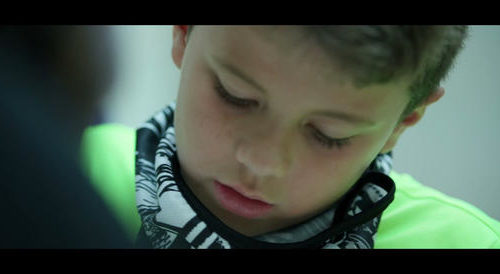
Emmy® Award-winning Director, Nick Nanton has signed on to direct a new documentary feature film from DNA Films® in partnership with the John Corcoran Foundation™ that aims to change the conversation around literacy through highlighting illiteracy, sub-literacy, and learning disabilities, including dyslexia. This guest blog by Nora Chahbazi, literacy consultant (pro bono) via the John Corcoran…
Read MoreLynbrook leads the way on Long Island
Over the years, it has become apparent that the Reading Workshop/Guided Reading model of instruction, popular in U.S. schools, does not produce the results promised. Special Education numbers have increased, and many children get labeled, unnecessarily, as having a “reading disability.” It is undoubtedly a huge undertaking to put the brakes on and start fresh.…
Read MoreShould we be rethinking reading instruction? NYC’s new Schools Chancellor thinks so!
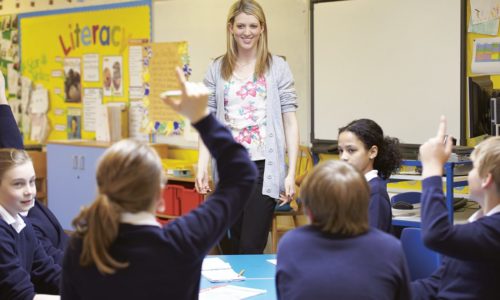
Many educators in the USA are rethinking reading instruction. In 2019 less than 30% of fourth graders were found to be proficient readers. What has gone wrong for so many children? The core of the problem is that teachers’ approach to reading was based on a misplaced belief system called ‘balanced literacy’. They held understandable…
Read MorePart Two: Reading Meetings with Mark and Molly
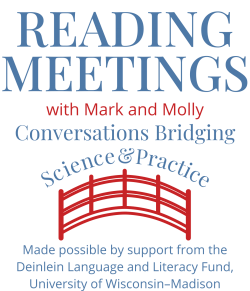
Have you had a chance to listen to some of these interesting conversations yet? See Part One for a summary of broad themes that arose in the course of the meetings. Below are a few more takeaways from some of the discussions. Syllable Types and Division Rules In the conversation with Devin Kearns, which…
Read MorePart One: Reading Meetings with Mark and Molly

As summer vacation draws to a close and thoughts turn to the coming school year, you may be interested in a unique (and free) opportunity for professional development. Reading researcher Mark Seidenberg, author of Language at the Speed of Sight, and Molly Farry-Thorn, a postdoctoral research associate at the University of Wisconsin-Madison, have been…
Read MoreThe Homeschool Resource Room reviews Phonic Books
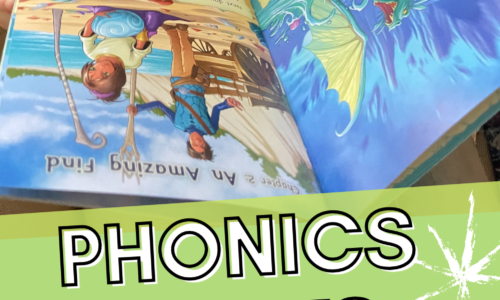
More and more parents are choosing to homeschool their children rather than sending them to a traditional public or private school. There are many reasons why a family may choose to homeschool, some of which include dissatisfaction with the educational choices available, different philosophies, be that educational or religious, and the belief that their child…
Read MoreAligning decodable books with your phonics program
Regardless of which program or approach to teaching phonics we use, teaching phonics systematically means we follow a particular scope and sequence with its own logic for introducing sound-symbol correspondences and spelling patterns. Many teachers are coming to recognize that when children are given reading material with words that match what they have been taught,…
Read MoreDoes interplay between children and their environment shape the development of reading skills?
An interview with a developmental cognitive neuroscientist Ola Ozernov-Palchik is a postdoctoral associate at the McGovern Institute for Brain Research at the Massachusetts Institute of Technology (MIT) and a lecturer and program director at the Harvard Graduate School of Education. She applies neurocognitive methods to investigating individual differences in dyslexia in emerging readers. She…
Read MoreWhat’s Meaning Got To Do With It?
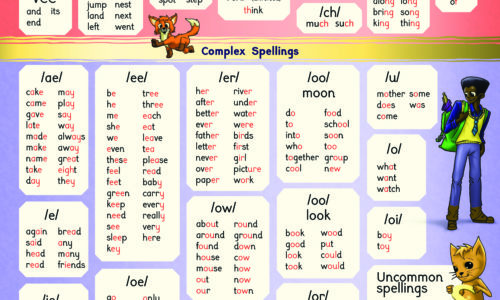
Do you have students who persistently misread small, high-frequency words such as: “he,” “I,” “of,” “gave,” “a,” “the,” “she,” “her,” “on” or “was”? This is quite common even if older students have had remediation for decoding difficulties and have improved their phonics knowledge and word reading skills. We could speculate about why. Maybe teachers do…
Read More
